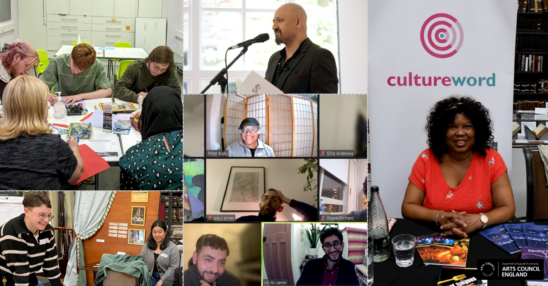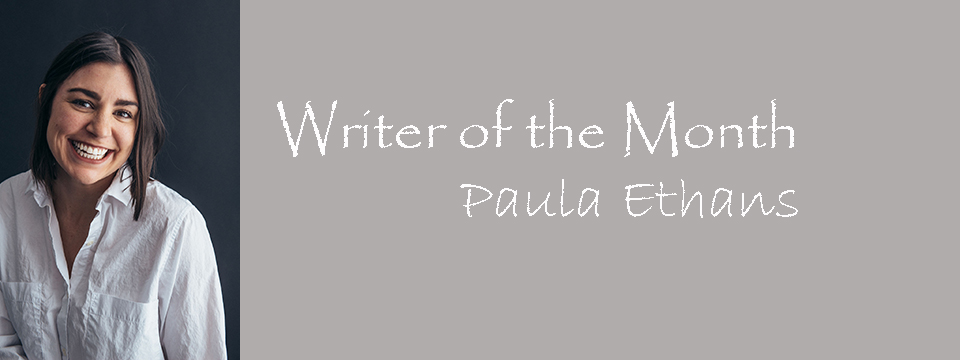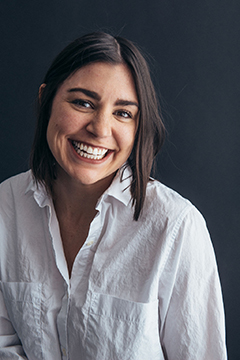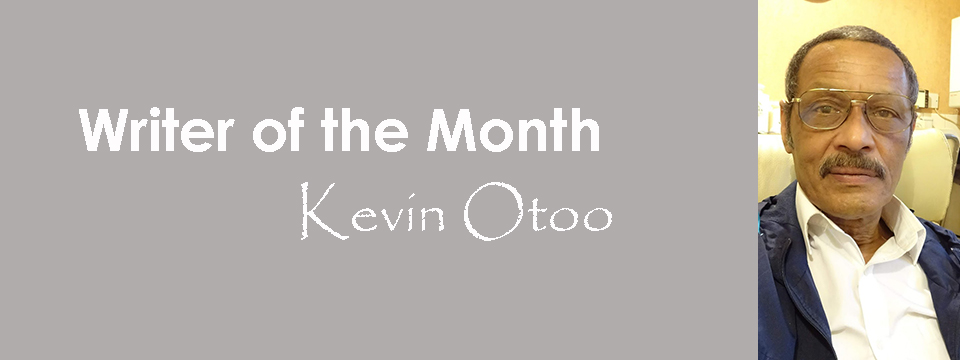Tell me about you, as an artist. How do you define art? What art do you make?
I am a writer, poet, and spoken word artist. My
medium is language. My art is an assembly and positioning of words,
punctuation, and intonation used to create experiences.
When I craft a piece, be it an article
critiquing the patriarchy or a spoken word piece bemoaning heartbreak, my goal
is to take you on a linguistic journey so you can experience something, feel
something.
I use writing to speak truth to power and to foster
empathy. I want my audience to see an issue from a new perspective, or learn a
new way to articulate a problem with which they are intimate. I want people to
lean in to comfortable topics, and find solace in the common threads of
personhood. I want people to engage with uncomfortable topics, and interrogate
themselves when they squirm. I make art that rocks the boat, because the waters
aren’t steady for everyone.
I define art as any experience that activates
your senses. The drop of a roller-coaster, the swipe of a paintbrush, the bend
of a dancer, the beat of a march. Art makes you feel.
Congratulations
on winning Trans Europe Expression 2019. Why did you choose to enter the
competition?
I chose to enter the TEE Slam (way back in
August) because I had just moved to Berlin and I was eager to insert myself
into the poetry community. No matter where in the world I go, I find the poetry
community is always warm and welcoming and helps me ground myself in new
surroundings.
Tell me a
bit about the poems you performed in the Berlin heat and the final. Why did you
choose those particular poems?
In the Berlin heat, I performed four poems,
three of which were brand new. It’s not ideal to compete with new poems, as you
have no idea how the audience will receive them, but the TEE Slam time limit
(90 seconds) was very tight and none of my poems are that short!
I ended up performing: i) “when we built the
walls,” which is about the global rise of xenophobia and the feeling of not
doing enough to counteract it, ii) “another poem about you,” which is a
love/anti-love poem about an ex of mine who I can’t help but to write about, iii)
“pro-‘life’,” which uses the analogy of a gardener to critique pro-life people
who advocate for the rights of foetuses but don’t care about the quality of the
children’s lives, and iv) “she tried to leave,” which examines the ways in
which women are uniquely and disproportionately impacted by climate change.
In Manchester, based on how the audience had
reacted in Berlin, I changed up my set a bit. I performed “when we built the
walls” again, and then I performed “womanhood,” which is an older piece of mine
that addresses femicide that I trimmed down. For my third piece, I performed a
new poem, “annual general meeting” which satirically critiques white feminism.
Almost all my pieces in Berlin, and indeed
all of them in Manchester, were political. While I can’t deny a good love poem,
I think it’s important to use the privilege of a stage to address current
issues. Winning is great, but sharing a message is more important to me.
How did
you feel when you found out you’d won the title?
Shocked! Very shocked. I am relatively new to
spoken word – only performing for about a year – so I don’t expect too much
from myself. I also can’t dedicate as much time as I’d like to poetry, as most
of my time is tied up by my day job (which, thankfully, I love).
But beyond being shocked, I was eternally
grateful. What a wonderful feeling it is to know that your work is acknowledged
and appreciated. I often struggle with imposter syndrome when it comes to
poetry, so receiving this kind of recognition was very reaffirming.
Do you
have any upcoming performances?
I’ll be competing in the Wicked Slam in
Berlin on December 7th. It’s a political slam – every piece
performed must address a social issue connected to that month’s theme – so I’m
excited to showcase some of my longer political poems. I am heading home for
the holidays, to Winnipeg, Canada, and I’ll be performing at show there too.
What was
your highlight of the whole experience?
For me, as with any slam or open mic, the
highlight is seeing other performers. As artists, we can get so wrapped up in
our own work (thinking it’s either the best or the worst in the world) that we
can forget about all the amazing work already out there, fully formed and
existing, within other artists. I love seeing other performers because I learn
from them, I feel myself grow from their words.
Would you
encourage others to participate in the competition?
Definitely! The TEE is great because you meet
wonderful artists from across Europe and you push yourself as an artist. The 90
second time limit is really challenging for poets – how do we say anything of
substance in so little time? But it forces us to get to the point, pull no
punches, and share our truth without droning on. Any poet that wants a fun,
challenging experience should participate in the TEE.
What’s next for you in your writing career?
People keep
asking me where they can find my poetry, and where they can buy my book and/or
audio CD. Unfortunately, my answer to date has always been ‘nowhere!’ So I am
thinking about publishing a book – a chapbook of my spoken word pieces, or a
full collection of my written poems.
I also work
as a freelance writer – examining culture, law, and politics from a critical
intersectional feminist lens – and I am hoping to produce more content in the
new year.
Where can we find out more about you and
your work?
For my hot
takes on all things feminism, human rights, migration, and gender equality, you
can follow me on Twitter at @PaulaEthans. If you want some longer reads, you
can check out my articles at Kaur. Space
and The Tyee. For my poetry,
hopefully it will be coming to bookshelves near you soon!
Sum up your experience thus far in one word.
New.






